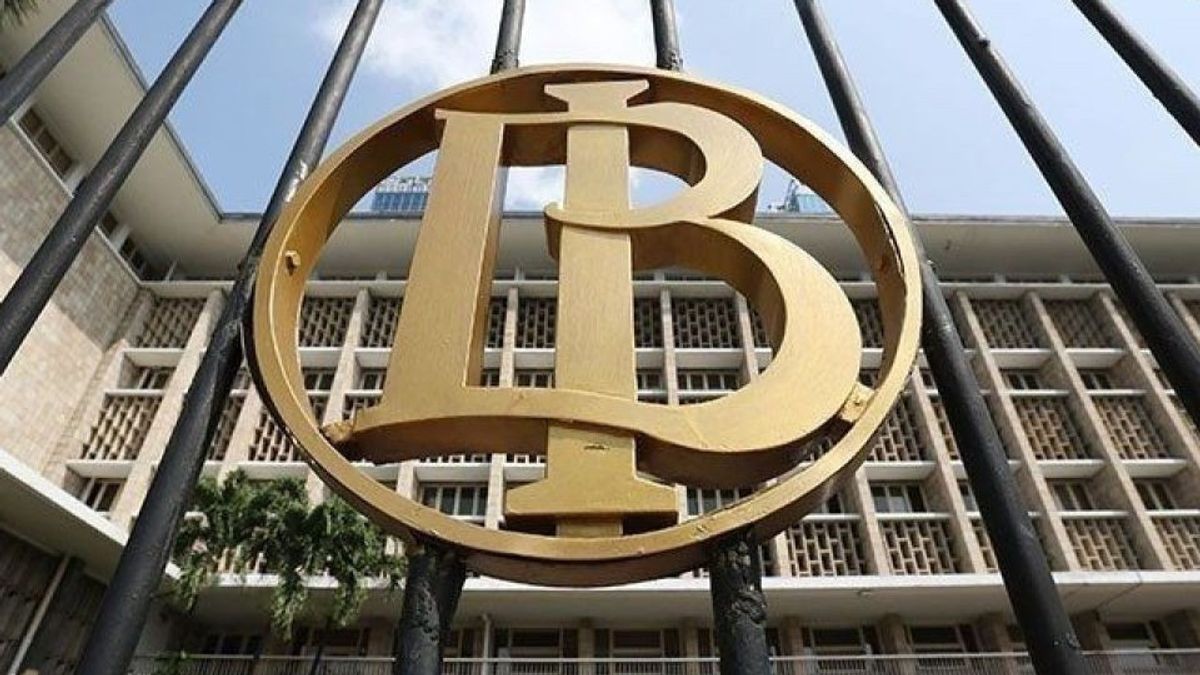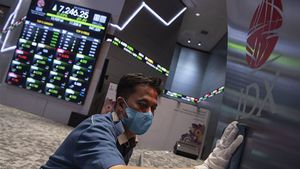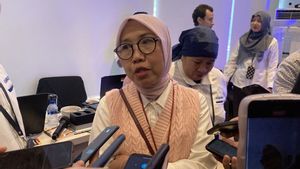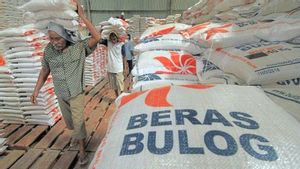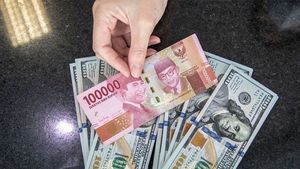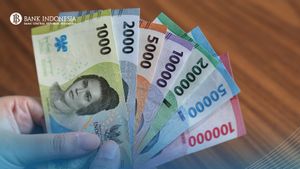JAKARTA - Bank Indonesia shocked the market by raising interest rates to the highest level in the last seven years. This is suspected to be an effort to strengthen the rupiah which continues to weaken against the US dollar even though a number of interventions in foreign exchange markets have been carried out.
When many economists estimate BI will maintain the benchmark interest rate or BI-Rate at 6 percent, in fact BI actually raises interest rates by 25 basis points to 6.25 percent, the last level occurred in 2016.
Gubernur BI, Perry Warjiyo menjelaskan, kenaikan ini dimaksudkan untuk meningkatkan stabilitas nilai tukar rupiah di tengah potensi risiko global yang meningkat.
The Country Manager of the Indonesian Center for Market Education (CME ID) Alfian Banjaransari said that the recent decrease in the value of the rupiah was mainly triggered by external factors, namely the United States inflation which was higher than expected to keep the Federal Reserve interest rate high, this prompted capital flow to the American market.
In addition, geopolitical tensions that are prolonged in the Middle East increase confidence in the dollar as a more stable currency.
"This step actually shows Bank Indonesia's commitment to maintaining the stability of the rupiah. If the market responds positively, this can have a good impact. However, pressure on the rupiah is very likely to continue given the global uncertainty and transition of government." he explained in his statement, Thursday, April 25.
For long-term solutions, Alfian suggested the need for closer cooperation between ASEAN central banks to support people's purchasing power. In facing limitations to adopt ideal solutions such as returning to gold standards or introducing competition between currencies in the country.
Alfian recommended a number of reform measures such as encouraging the adoption of the currency with ASEAN, and adopting ASEAN count units based on baskets of goods.
SEE ALSO:
According to Professor Warren Coats the move is expected to contain inflation and strengthen competitive regional currencies with the US dollar and Euro.
In addition, Warren said these two reforms could be achieved using the IMF's Special Rights (SDR) in private transactions.
"SDR, which is a claim to currencies that can be used freely by IMF member states, can provide additional liquidity and greater value stability," he said.
CME CEO Carmelo Ferlito stressed that in difficult times for developing countries as they are today, more intense cooperation is needed between regional central banks in the region to create new monetary systems with integrated currencies, which are expected to compete with the US dollar and Euro.
The English, Chinese, Japanese, Arabic, and French versions are automatically generated by the AI. So there may still be inaccuracies in translating, please always see Indonesian as our main language. (system supported by DigitalSiber.id)
